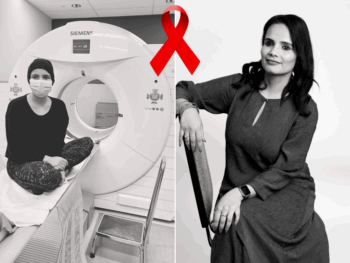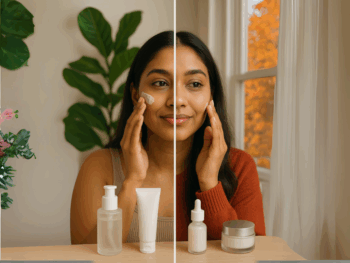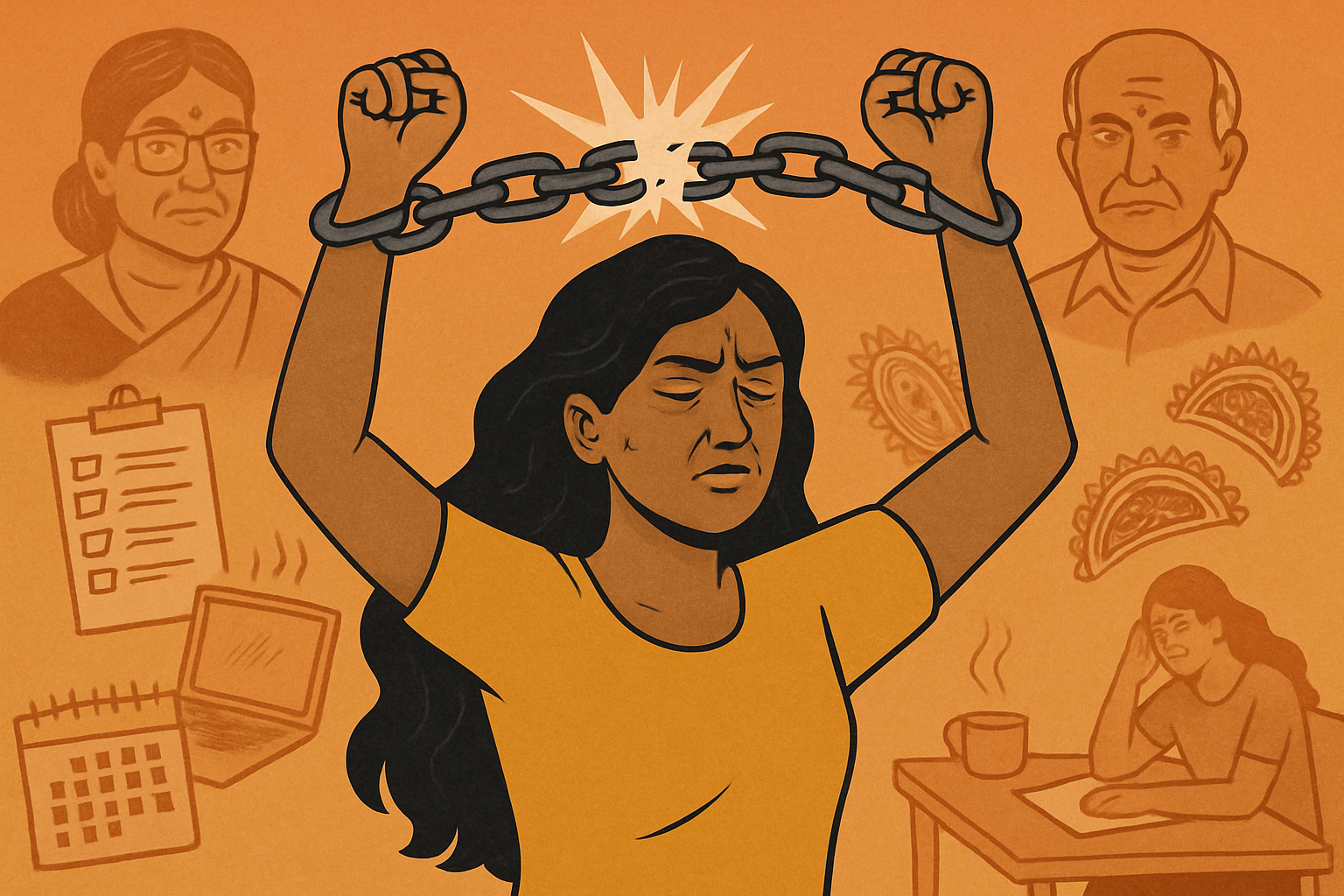
Any serious (and honest) coffee drinker will tell you that they need their coffee fix because of the caffeine. And the truth is, caffeine is a stimulant to which you can easily find yourself addicted. Yet more and more studies have shown that moderate caffeine consumption can help lower your risk of heart disease, diabetes, stroke and even some cancers. This is in part because caffeine-containing foods are also a good source of antioxidants. Here are some facts to consider when you’re reaching for your next cup of java.
The Drug
At the end of the day, caffeine is a drug and like most drugs it can have harmful effects if consumed in high doses. The shape of the caffeine molecule is similar to adenosine, which is a molecule that regulates brain function. Caffeine mimics adenosine and binds to the same target cells in the brain so it’s important to consider your dosing of caffeine.
More than 500 mg of caffeine, which is about four cups of coffee, has been found to cause nervousness, irritability, nausea, tremors, insomnia and even an irregular heartbeat.
Some studies have found that caffeine can cause bone loss because it can reduce your body’s ability to absorb calcium. And a research review published in the American Journal of Clinical Nutrition found that caffeine causes short-term blood pressure spikes, so people with high blood pressure should watch their caffeine intake.
The Mood Enhancer
Caffeine stimulates the release of dopamine, a neurotransmitter that activates alertness and productivity centers of the brain. A study by the American Academy of Neurology found that because dopamine regulates mood, a cup of coffee could improve your mood temporarily. But the same study also found that people who drank the most soda were 30 per cent more likely to develop depression than those who drank no soda which suggests that the source of caffeine (including the sugar content) could determine mood enhancement.
The Health Benefits
Given its attributes, it was thought that coffee consumption might increase your risk for stroke but a recent study published in Circulation, a journal of the American Heart Association, found that women who drank more coffee had a slight decrease in their overall stroke risk. And a study published in Circulation: Heart Failure, also by the American Heart Association, showed that moderate coffee drinking may significantly lower the risk of heart failure.
In a study by the American Cancer Society that was published in the American Journal of Epidemiology, researchers found a strong relationship between coffee intake and risk of death from oral cancer. The study showed that those who drank more than four cups of caffeine-containing coffee per day had almost half the risk of death from oral cancers compared to those who only consumed coffee occasionally.
Caffeine is also thought to be of potential benefit for attention deficit hyperactivity disorder as it’s been shown that in moderate doses, it can help enhance the ability to focus.
The Dose
Moderate consumption is the way to go. Try to consume less than 300 to 400 mg of caffeine a day, which is roughly three cups of coffee, four cups of tea or six cans of caffeinated soda. Those that need to watch their caffeine intake — like pregnant women and people with high blood pressure — should limit their intake to 150 to 200 mg per day. And look beyond the obvious sources of caffeine like coffee, soda and energy drinks and watch out for hidden sources like chocolate, painkillers and some herbal remedies.
In a dish dilemma? Email me @ [email protected]
PUBLISHED IN THE FASHION & STYLE ISSUE, FALL 2014
Neera Chaudhary
Author
Neera Chaudhary is always on the lookout for the veritable wellness ingredients to feed your mind, body and soul because she knows beauty starts from the inside out. Neera helps to make sense of the science behind the plethora of prescriptions out there by sharing the essential elements for a heal...



















































































































